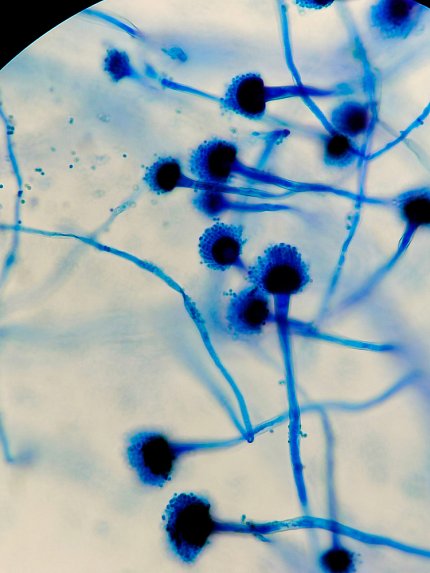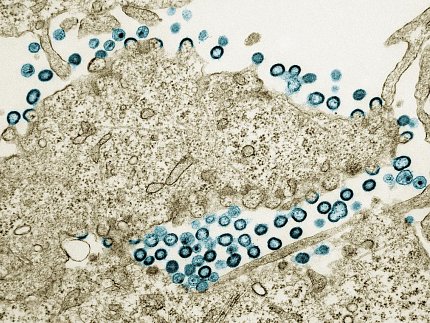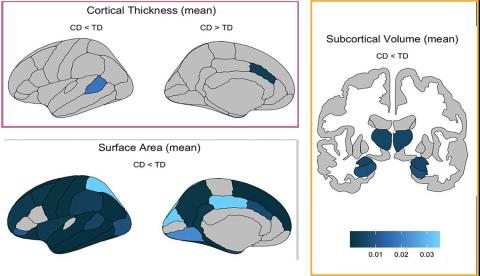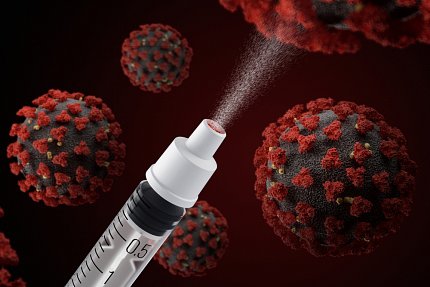Protein Screening Does Not Improve Risk Prediction for Hypertension
Results from a large NIH-supported study show that protein analyses taken during the first trimester of pregnancy did not improve predictions for identifying people at risk for experiencing conditions related to having high blood pressure, hypertension, during pregnancy. Since there is an urgent need to better predict people at risk for hypertensive disorders of pregnancy, researchers have been studying if proteins taken from blood or urine samples could provide this insight.






